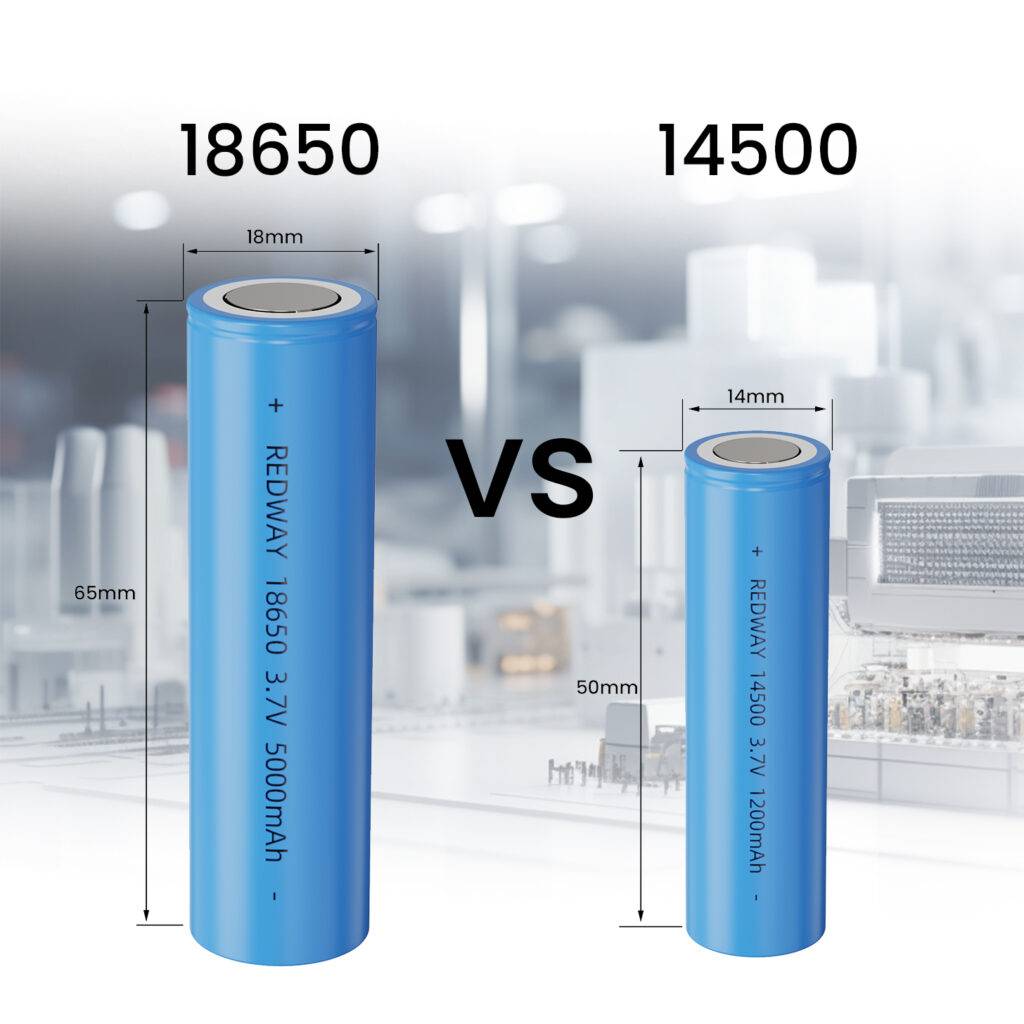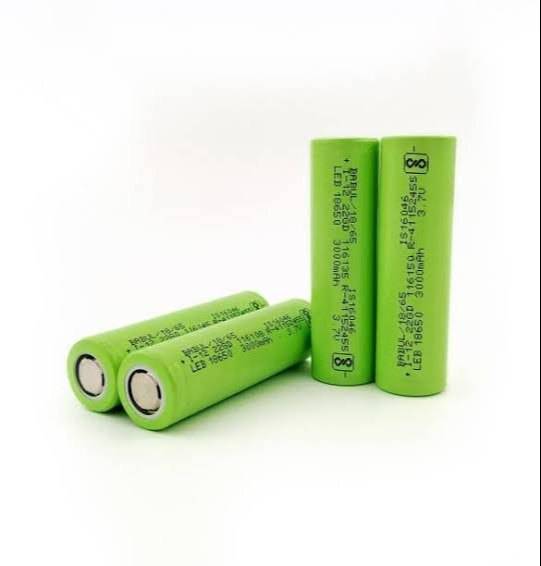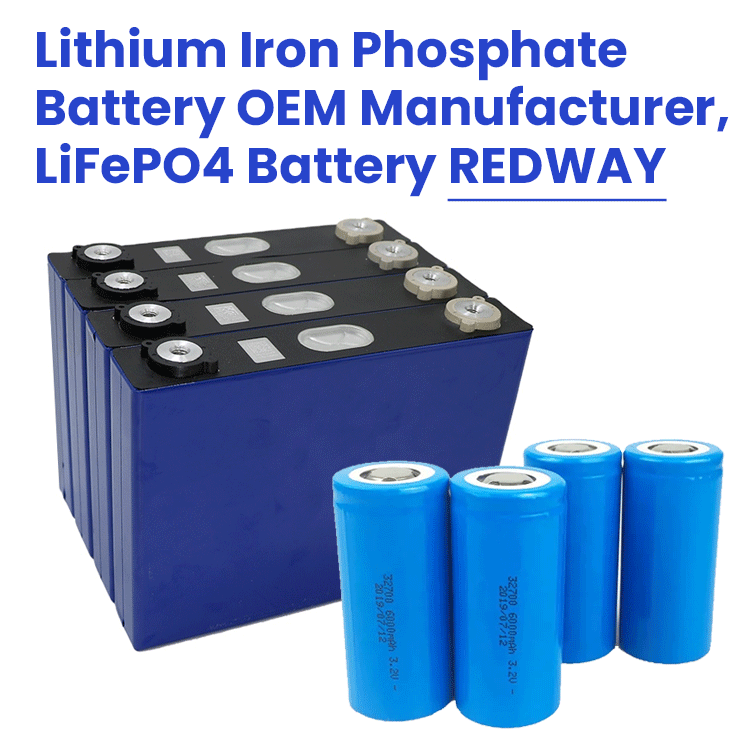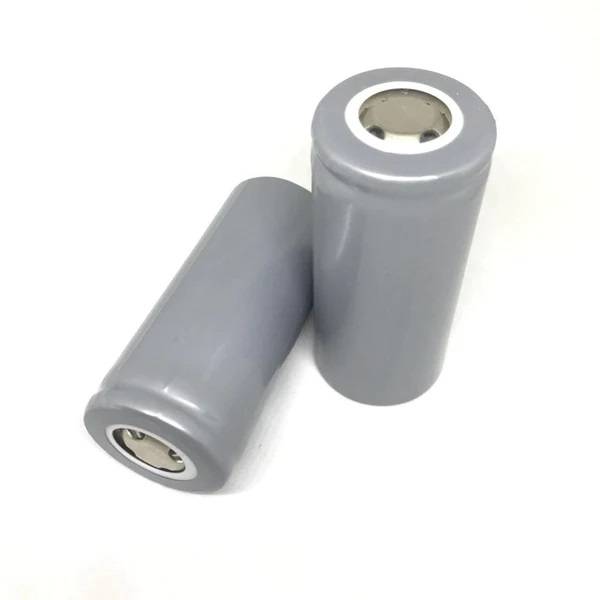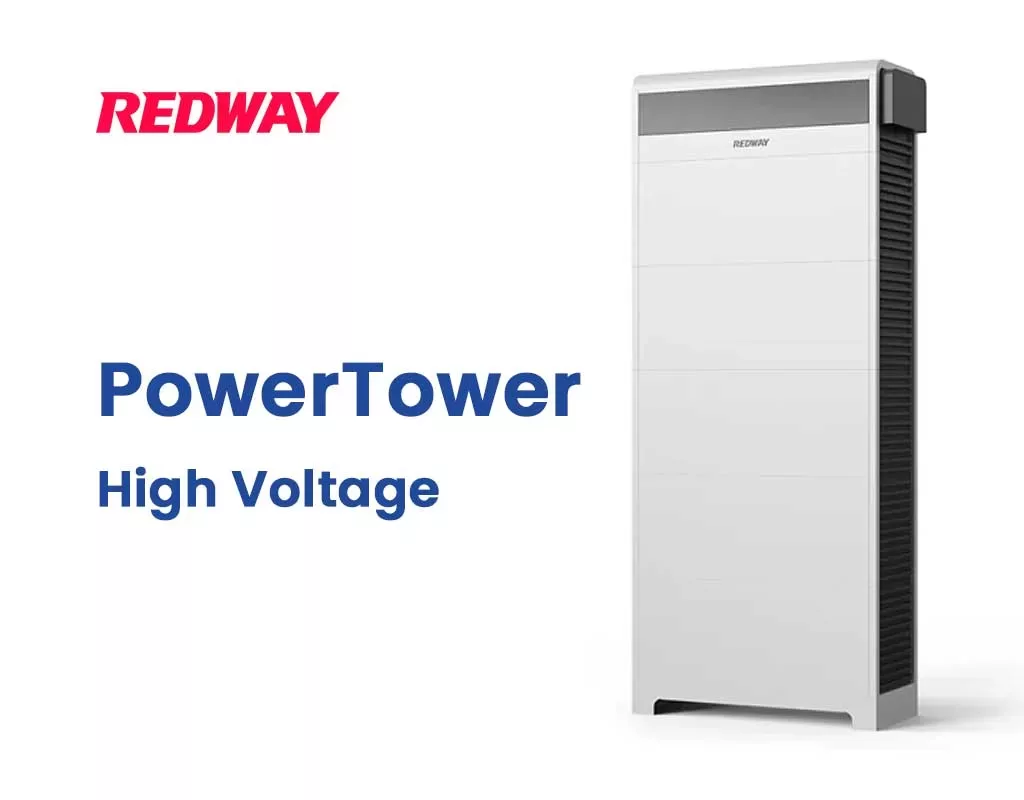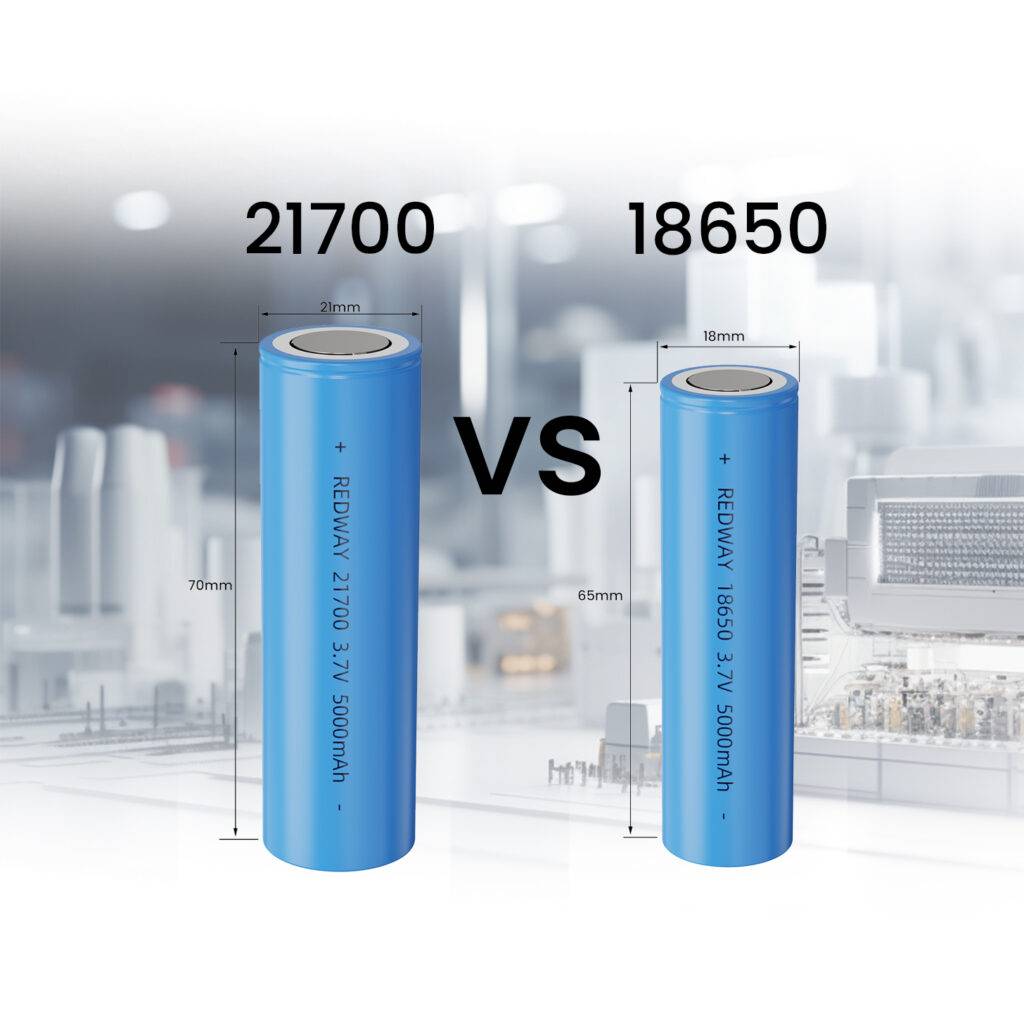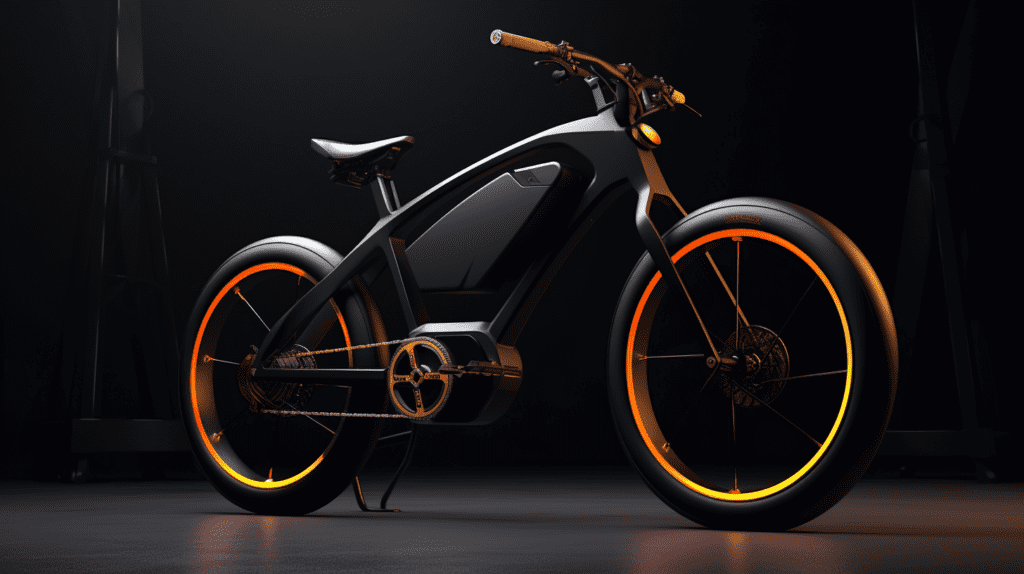Are you looking for the perfect battery to power up your device? If so, then you might have come across two types of rechargeable batteries – 26650 and 18650. These batteries are widely used in various devices such as flashlights, vape mods, and even electric cars. However, if you’re new to these battery types, it can be quite confusing to understand their differences and which one is better suited for your needs. In this blog post, we’ll dive into the details of 26650 vs 18650 batteries and help you make an informed decision when choosing a battery for your device.
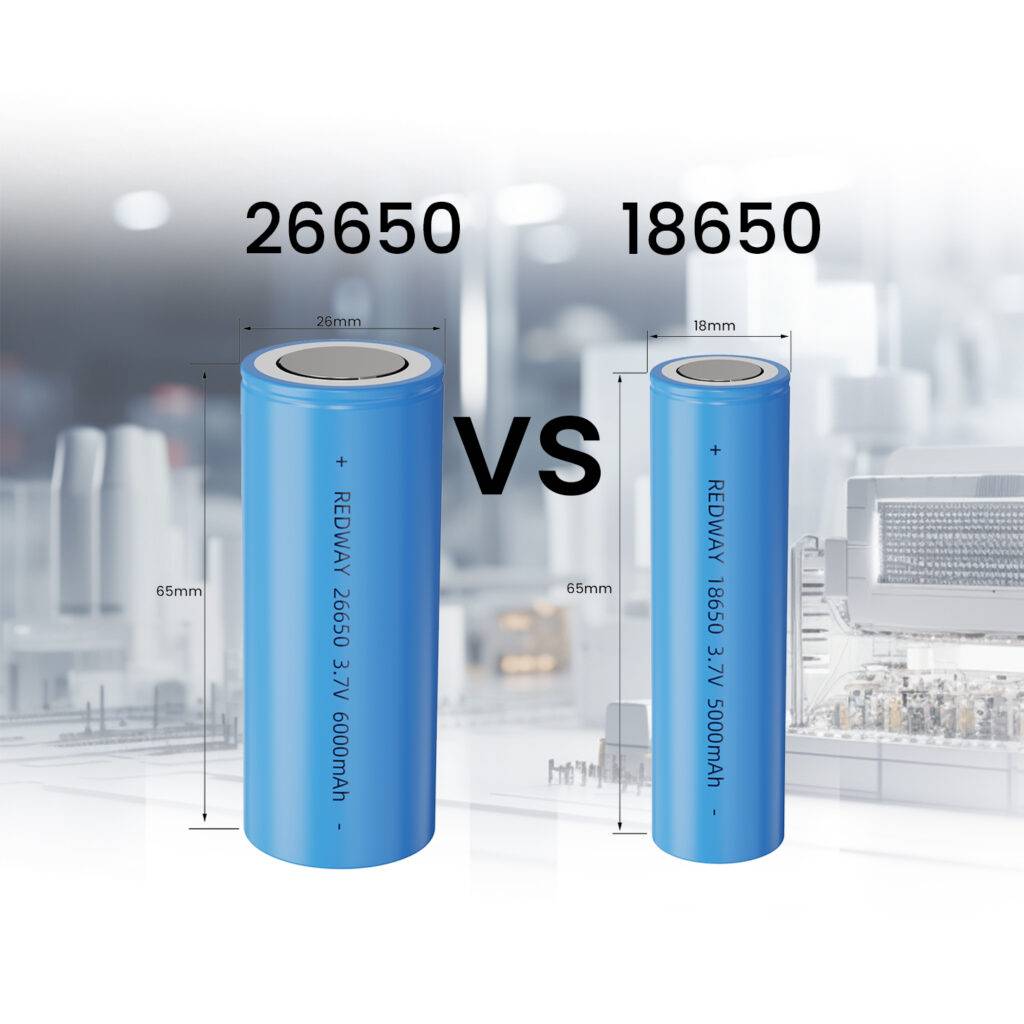
#post_seo_title
What is 26650 battery?
The 26650 battery is a type of lithium-ion rechargeable battery that has become increasingly popular in recent years. It gets its name from its size, with a diameter of 26mm and length of 65mm. This makes the 26650 larger than the more commonly used 18650 batteries.
One of the key advantages offered by the 26650 battery is its high capacity. Due to its larger size, it can hold more energy than an equivalent smaller battery such as the 18650. This makes it ideal for use in high-drain devices like electric vehicles or power tools.
In addition to its higher capacity, the 26650 also typically has a longer lifespan than other types of rechargeable batteries due to its robust design and construction. Some versions are also specifically designed for use in extreme temperatures or harsh environments.
If you need a reliable and high-capacity battery for your device, then the 26650 could be an excellent choice. Just be sure to check that your device is compatible with this larger sized cell before making any purchases!
What is 18650 battery?
The 18650 battery is a rechargeable lithium-ion battery that has become increasingly popular due to its high energy capacity and small size. The name “18650” refers to the battery’s dimensions, which are 18mm in diameter and 65mm in length.
These batteries are commonly used in electronic devices such as laptops, flashlights, and power banks. They have also become popular in the vaping community for use in electronic cigarettes.
The 18650 battery typically has a voltage of around 3.7 volts and can range from 1800mAh to over 3500mAh capacity depending on the brand and model. This means they hold more power than standard AA or AAA batteries.
One of the benefits of using an 18650 battery is their rechargeability – they can be recharged hundreds of times before needing replacement. Additionally, they have a relatively long lifespan compared to other types of batteries.
It’s important to note that not all brands of 18650 batteries are created equal – some may perform better than others depending on their chemistry and manufacturing process. It’s essential to do research when purchasing these batteries, especially if you plan on using them for high-powered devices or applications.
Difference between 26650 battery and 18650 battery
The main difference between a 26650 battery and an 18650 battery is their size. The 26650 battery is larger than the 18650, with a diameter of 26mm compared to the latter’s diameter of just 18mm. This means that the capacity of a 26650 battery is generally higher than that of an 18650.
The larger size also means that devices designed to use a single or dual-18650 batteries may not be compatible with a single or dual-26650 setup. Additionally, due to the increased capacity and size, devices using a single or dual-26650 setup are likely to be bulkier and heavier than those using an equivalent number of smaller cells.
Furthermore, while both types of batteries share similar characteristics such as being rechargeable lithium-ion cells with high energy density, they have slightly different discharge curves which affect how they perform in certain applications.
Ultimately, choosing between these two batteries will depend on individual needs – if you require longer run times for your device or equipment then perhaps opt for the larger-capacity but less portable option in the form of one or more 26650s; conversely if portability is key then stick to smaller but equally capable devices powered by one or more standardized-sized (and readily available)18560s!
Which battery is better? 26650 battey or 18650 battery?
When it comes to deciding which battery is better – the 26650 or 18650 battery, it ultimately depends on your specific needs and preferences.
The 26650 battery offers a higher capacity and longer runtime than the 18650 battery, making it ideal for high-drain devices such as flashlights, power tools, and electric vehicles. Its larger size also allows for more efficient heat dissipation and increased durability.
On the other hand, the smaller size of the 18650 battery makes it easier to carry around in portable devices such as laptops, cameras, and vape mods. It also has a wider range of options available in terms of brands and capacities.
It’s important to note that both batteries have their own unique advantages and disadvantages. Ultimately, choosing between them will depend on factors such as device compatibility, desired runtime or capacity requirements, cost-effectiveness considerations.
In conclusion (oops!), there’s no clear winner when comparing these two types of batteries – just different options depending on what you’re looking for!
Can I use 26650 battery and 18650 battery together?
If you’re in a situation where you have both 26650 and 18650 batteries, it’s natural to wonder if they can be used together. The short answer is no, they cannot.
Firstly, let’s look at the physical differences between these two batteries. A 26650 battery is larger than an 18650 battery in terms of diameter and length. This means that there will be a difference in voltage output and capacity between them as well.
Due to their size differences, the charging requirements for each battery are different as well. For example, a charger designed for 18650 batteries may not properly charge a 26650 battery or vice versa.
Moreover, using them together could lead to potentially dangerous situations such as overloading one type of cell while underutilizing another.
It’s important to only use compatible batteries with your devices and avoid mixing different types of cells since it could cause significant harm to yourself or your device.
Are 26650 lithium batteries better than 18650 batteries?
After analyzing the differences between 26650 and 18650 batteries, it’s important to remember that choosing the right battery for your device depends on what you’re looking for. If you prioritize capacity over compactness, then 26650 batteries may be a great choice for you. On the other hand, if size matters more than anything else, then an 18650 battery will serve your needs better.
It’s also worth noting that both types of batteries are highly durable and long-lasting. Both can provide ample power to run high-drain devices such as flashlights or electronic cigarettes.
In conclusion (oops!), there is no clear winner when it comes to which type of lithium-ion battery is better. The best way to choose between them is by considering what features are most important in your specific use case. Ultimately, whichever one you decide on – whether it be a 26650 or an 18650 – rest assured that they are both reliable options with impressive performance capabilities.


